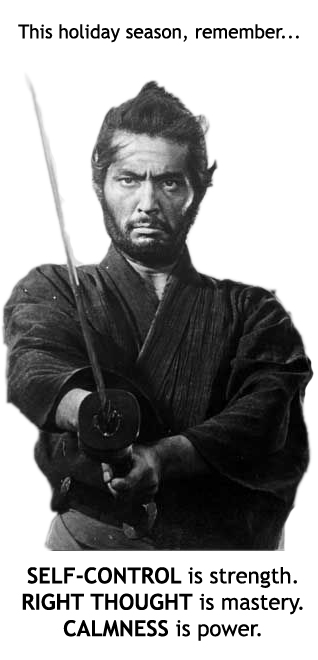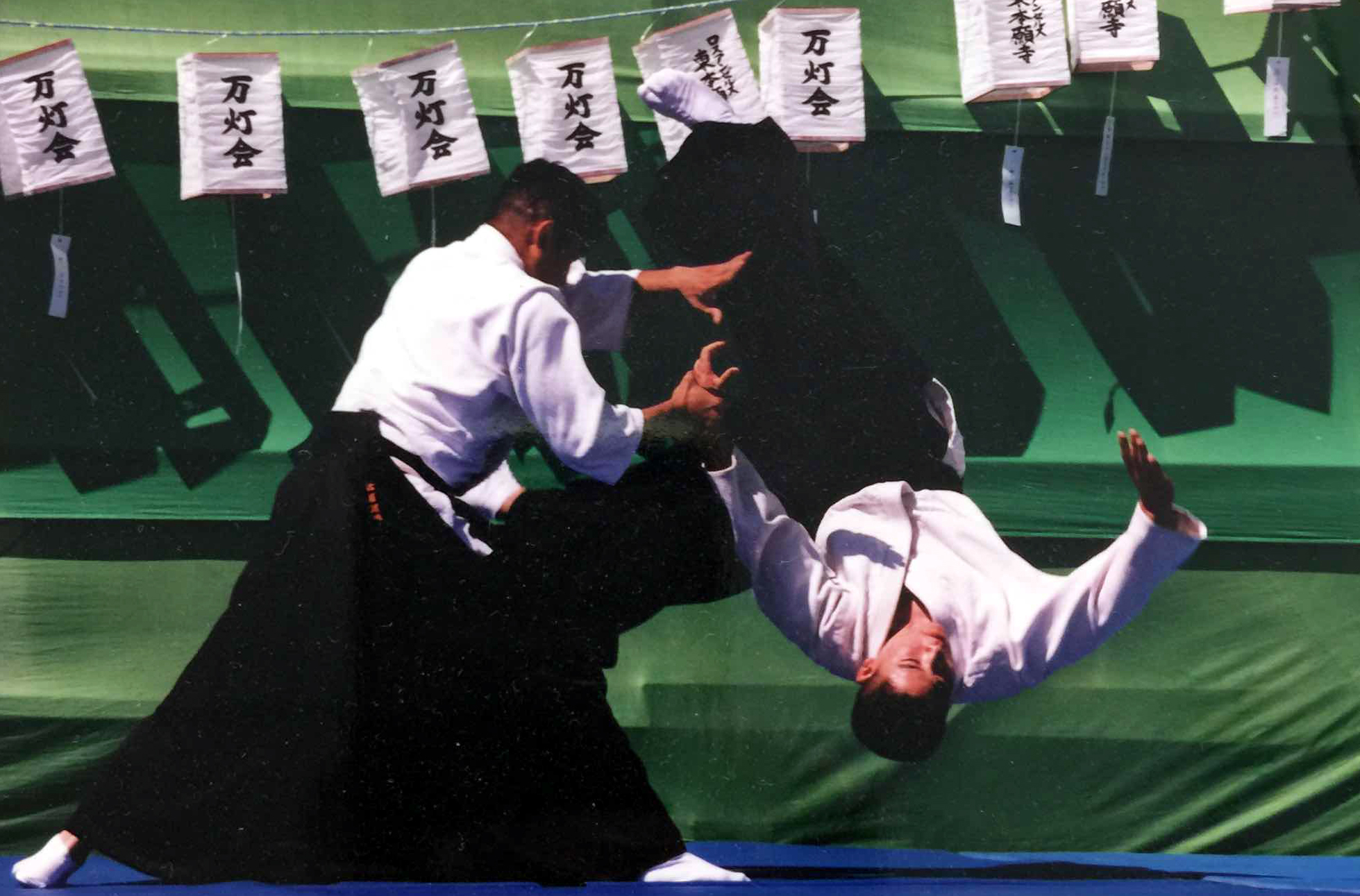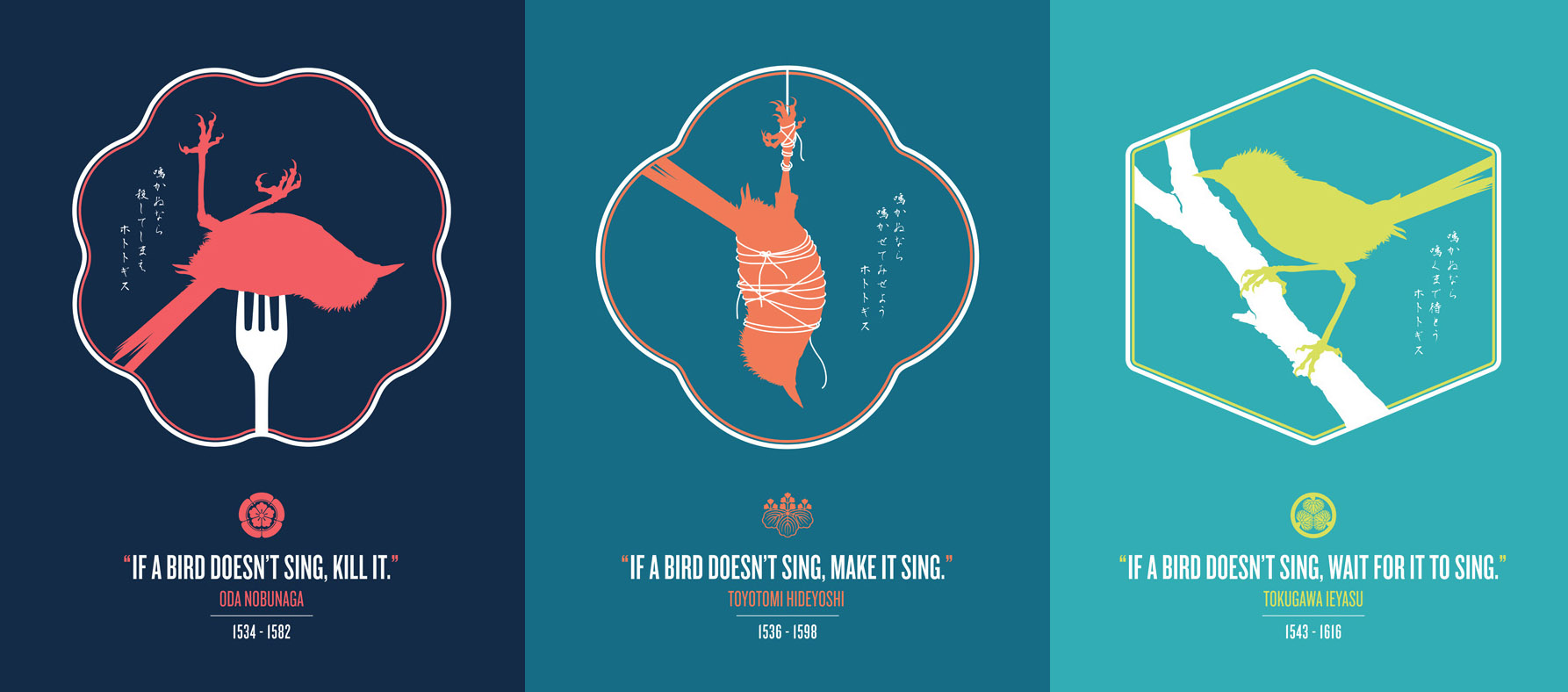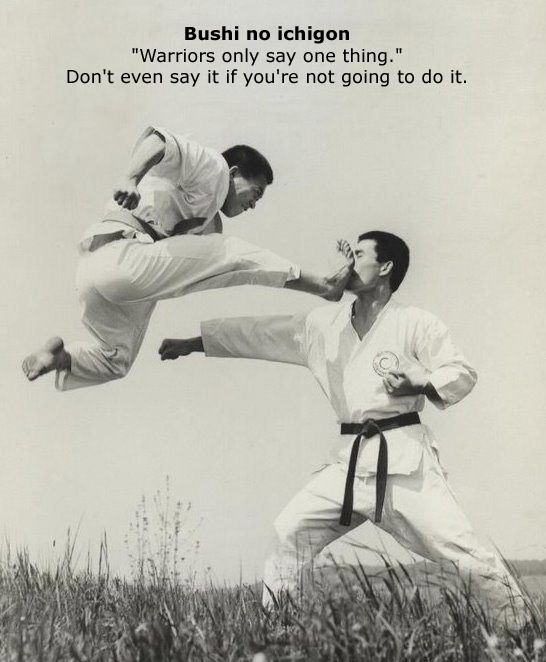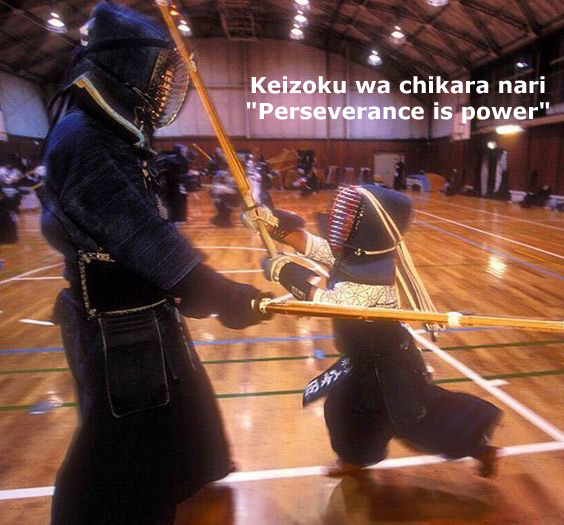 Mr. Miyagi from the movie The Karate Kid said, "No such thing as bad student, only bad teacher. Teacher say, student do." This thinking is not that far off from tradition Japanese values. There is a famous Japanese proverb "kodomo wa oya no kagami" (子供は親の鏡) or that "children are a reflection of their parents."
As student's of Aikido, we are mago-deshi to O'Sensei. Mago means grand like in grandson and deshi means student. We are mago-deshi because we can trace our lineage back to O'Sensei. However because we are all mago-deshi we must act like direct student's of O'Sensei.
Mr. Miyagi from the movie The Karate Kid said, "No such thing as bad student, only bad teacher. Teacher say, student do." This thinking is not that far off from tradition Japanese values. There is a famous Japanese proverb "kodomo wa oya no kagami" (子供は親の鏡) or that "children are a reflection of their parents."
As student's of Aikido, we are mago-deshi to O'Sensei. Mago means grand like in grandson and deshi means student. We are mago-deshi because we can trace our lineage back to O'Sensei. However because we are all mago-deshi we must act like direct student's of O'Sensei.
As Aikidoist and martial artists, it is believed that how we conduct ourselves is a reflection on our dojo, our teacher, our art, on Hombu dojo and O'Sensei. All Japanese martial arts follow this same line of thinking.
Warriors are supposed to be experts in kokkifukurei or self-restraint in all matters of etiquette and decorum. A famous proverb is “Yaiba ni tsuyoki mono wa rei ni suguru” which means that the greatest warriors surpass all others in etiquette and decorum.
Beyond what one's physical body can do, one's character is paramount or as Voltaire said, "With great power, come great responsibility." Furuya Sensei said it best, "Always act as if your teacher is watching." Be careful how you act, it is a reflection of more than just you.


